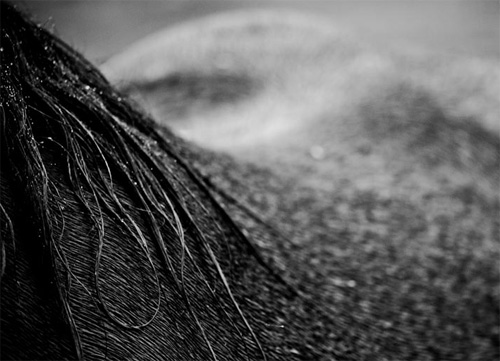
Yesterday was the first of our monthly workshops with Mimi Khaltvati this year, and as usual I came away with plenty of new insights and reminders. Here are some of the things Mimi said which I jotted down, as usual I’ve tried to stick to ‘universal’ comments rather than those to do with specific poems. Hope you find it useful.
On form/shaping/editing: Test out different forms, don’t just plump for the first way you’ve written something, which may be a bunch of uneven-length stanzas. Is that really the best you can do? It can make a huge difference – for example triplets can be more musical, lighter than big blocks of ten lines or whatever.
On villanelles – they need “strenuous thought”. You have to think backwards. You need to have arrived at a transformation in the last two lines, their meaning needs to have changed even though the words haven’t.
On consistency of register – if you use contractions (I’m, he’s etc) sometimes but not always, that will seems wrong. Beware mixing up idiomatic and archaic phrases, especially if it’s done to fit a certain metre or rhyme scheme.
On rhyme – ‘if you choose the wrong word to rhyme then everything goes wrong!’
On specific references to things the reader may or may not be familiar with: “it’s courteous as a writer to assume the reader is one step ahead of you. It also makes for better writing.”
On developing a critical faculty – ask of other people’s writing (as a precursor to asking it of your own) ‘what is missing? what more could be done?’ “A fierce critical faculty is a wondrous gift.” Be prepared to think in larger terms rather than just tweaking.
On beautiful language – it’s not enough to just write beautifully. Too much beauty can be soporific. (Mimi admitted literally falling asleep at a reading by a prominent poet – I couldn’t possibly say who – because it was all too lovely “the melody, the evenness of the waves…”). So how can you break up it up? You need a counterpoint. Look at what you’ve written and move things about if necessary – a strong start to a line can serve as a stake, a prop holding things up. You may naturally write beautifully – but your best strength can also be your weakness.
On tricky links – you can make ‘leaps’ (I took this to mean the idea of moving between seemingly unrelated images or meanings) – leaps are good – but they need to be ‘clear leaps’. If something is in the way, confusing things, you need to get rid of that, clear the way.
On developing a ‘forensic’ eye for syntax – check for missing subjects or verbs that change tense, confused constructions, missing commas etc due to long sentences with sub-clauses over several stanzas. (For me, this is a bit like writing HTML – every time you open a bracket or start a new ‘declaration’ you have to close it, even if it’s hundreds of lines later, with all kinds of embedded instructions in between. If you get something wrong the whole thing falls apart. But it’s so satisfying when you find the missing inverted commas or bracket!)
 After my recent musings on answering the ‘what does it mean’ question, I was happy to come across this in the Letters of Ted Hughes:
After my recent musings on answering the ‘what does it mean’ question, I was happy to come across this in the Letters of Ted Hughes:













